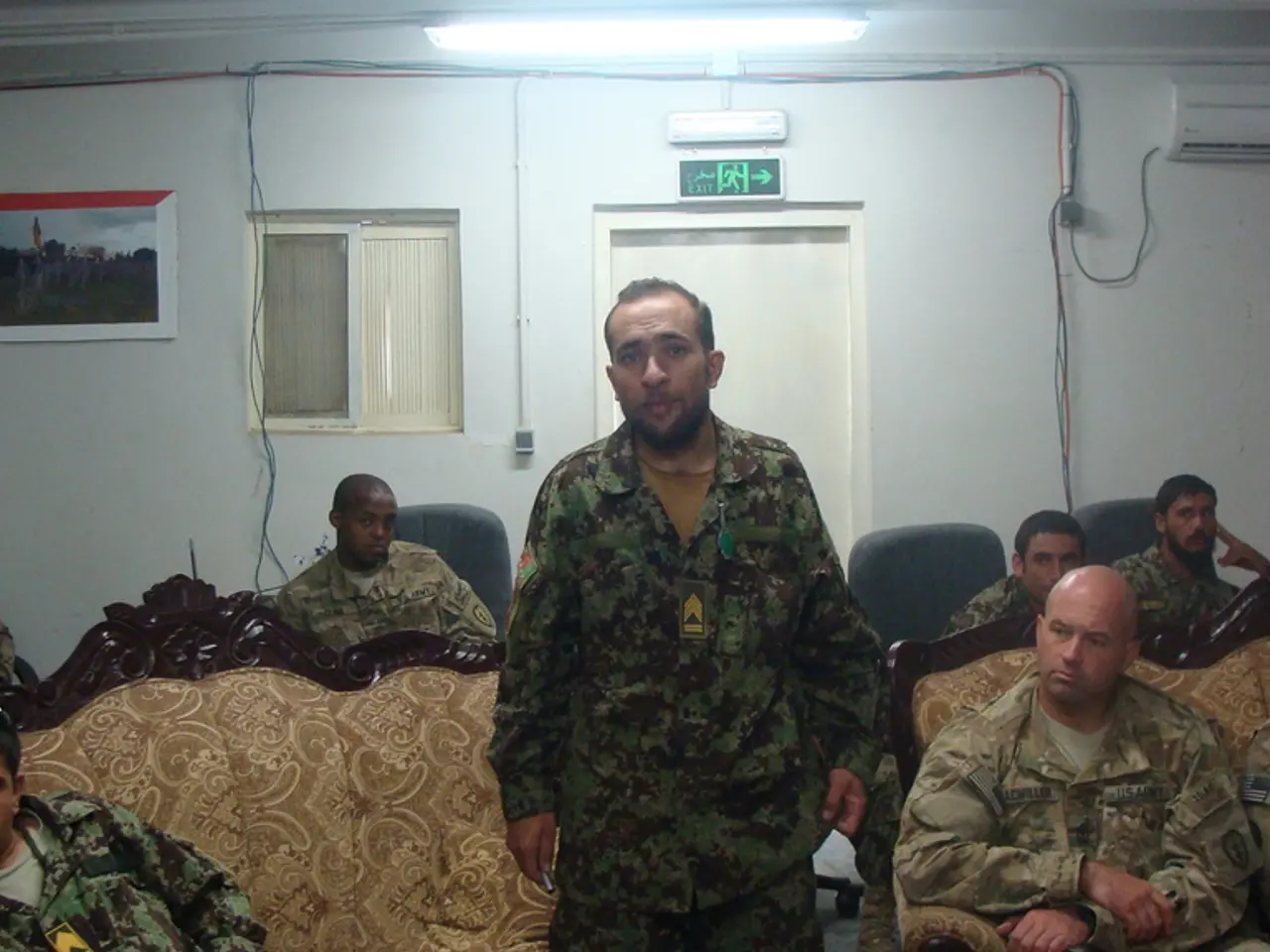Military Depression Post-Discharge: Statistics and Seeking Assistance
Depression and other mental health issues can significantly impact soldiers and their families, often compounded by the unique stressors of military service.
Common Symptoms of Depression in Soldiers and Their Families
Depression symptoms in this context can include persistent feelings of sadness or hopelessness, loss of interest in activities once enjoyed, changes in appetite or weight, sleep disturbances, fatigue or lack of energy, difficulty concentrating, feelings of worthlessness or guilt, and thoughts of self-harm or suicide. PTSD-related symptoms might manifest as flashbacks, nightmares, emotional numbness, irritability, avoidance of triggers, and hypervigilance.
Sources of Support
For soldiers, the Department of Veterans Affairs offers mental health services, including counseling and therapy for depression and PTSD. Veterans Service Organizations, such as the Disabled American Veterans, provide support, resources, and advocacy for benefits.
For families, Military Family Support Services offer counseling, support groups, and resources specifically tailored to their needs. Local community resources can also provide valuable assistance.
New Treatments and Cultivating Resilience
New treatment options, like Transcranial Magnetic Stimulation (TMS) Therapy, a non-invasive treatment for depression and PTSD that hasn't responded to traditional treatments, are becoming available. Additionally, developing character strengths can help mitigate depressive symptoms by enhancing positive emotions and life satisfaction.
The Military Environment and Mental Health
The military environment can increase a person's risk of depression due to factors such as separation from loved ones, witnessing danger, intense stress, physical fitness concerns, legal issues, command leadership discord, rank and promotion complications, frequent relocations, and deployments.
The Stigma of Mental Health in the Military
The stigma surrounding mental health in the military is often based on the misconception that mental health conditions are merely "in a person's head." This misperception can stem from the belief that a service member should be deficit-free to engage in combat.
Impact of Untreated Mental Health Issues
Without treatment, stress during and following deployment can negatively impact a spouse's mental health, children's well-being, the military member's support system, and reintegration into the family.
Stories of Hope
Danny, a service member who struggled with depression, found it difficult to talk about his mental health with peers during his service. He was separated from the military after seeking help, but found it easier to discuss his issues with friends and family once he began treatment. Danny believes that taking care of his mental health requires helping others.
Michael, another individual, had a negative experience with therapy in the past, but advises against making decisions when feeling down and suggests making a promise to oneself to wait until feeling better to make decisions.
Statistics
Depression affects 20% of veterans and 23% of active-duty military. Suicidal ideation or attempts occur in 11% of veterans and 18% of active-duty military who use drugs, and 9% and 18%, respectively, of those who consume alcohol. The elevated risk of depression persists after a person's military service ends, particularly for those who have served in combat.
These resources and treatments can help soldiers and their families navigate the challenges of mental health conditions associated with military service. It is crucial to remember that seeking help is a sign of strength, not weakness.
- The military environment, due to factors like separation from loved ones, witnessing danger, and frequent deployments, can contextually increase a person's risk of depression.
- The stigma about mental health in the military, rooted in the misconception that mental health issues are only "in a person's head," can hinder soldiers from seeking help.
- Paxlovid, traditionally used for treating COVID-19, may not be a primary solution for depression and PTSD, but understanding the role of science in mental health and wellness can help combat the stigma.
- Veterans dealing with depression can find support from the Department of Veterans Affairs through mental health services, including counseling and therapies like Transcranial Magnetic Stimulation (TMS).
- Mental health resources and treatments are essential for veterans and their families to navigate mental health challenges associated with military service. It is important to remember that seeking help, especially for health issues like depression and PTSD, shows strength rather than weakness.




